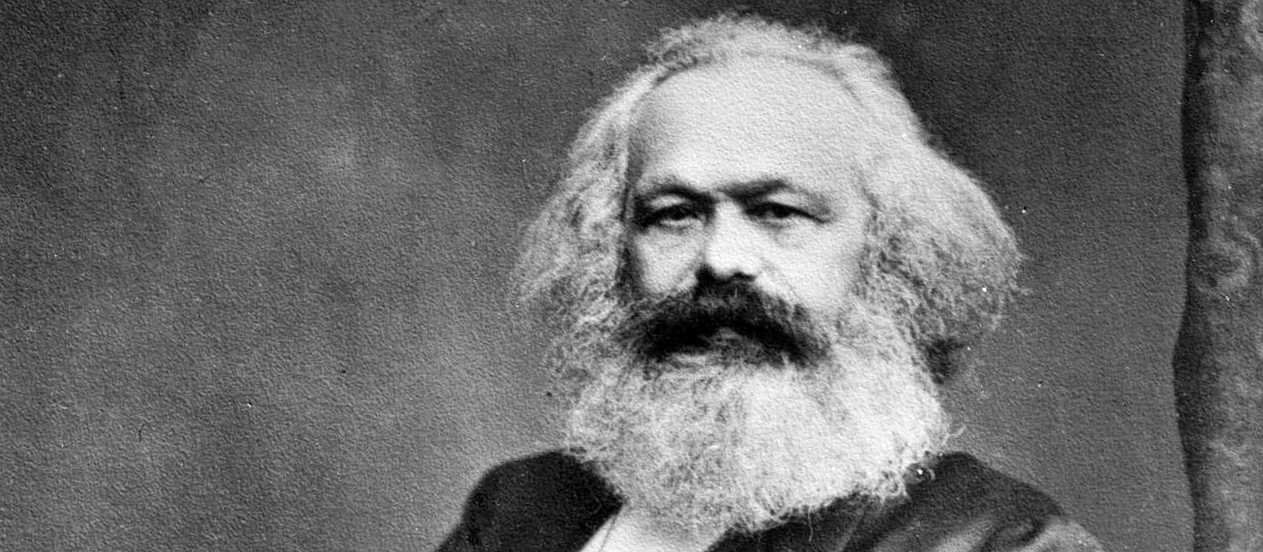
Victorian England had a vogue in “confession albums,” in which friends asked each other to record their answers to such questions as “What do you consider the most beautiful thing in nature?” and “What peculiarity can you most tolerate?” According to Evan Kindley in Questionnaire, “They functioned as a kind of intimate currency among the literate classes,” sometimes serving as a prop in courtship rituals.
And occasionally some prominent intellectuals submitted to them. Here’s Karl Marx:
The quality you like best: Simplicity
In man: Strength
In woman: Weakness
Your chief characteristic: Singleness of purpose
Your favourite occupation: Glancing at Netchen [his cousin]
The vice you hate most: Servility
The vice you excuse most: Gullibility
Your idea of happiness: To fight
Your idea of misery: To submit
Your aversion: Martin Tupper [an English writer of moralistic verses]
Your hero: Spartacus, Keppler [Johannes Kepler, the astronomer]
Your heroine: Gretchen [of Goethe’s Faust]
The poet you like best: Aeschylus, Shakespeare
The prose writer you like best: Diderot
Your favourite flower: Daphne
Your favourite dish: Fish
Your maxim: Nihil humani a me alienum puto [Nothing human is alien to me]
Your motto: De omnibus dubitandum [Doubt everything]
Some other responses: Friedrich Engels’ idea of misery was “to go to a dentist,” Arthur Conan Doyle’s present state of mind was “jaded,” and Oscar Wilde’s distinguishing characteristic was “inordinate self-esteem.”
